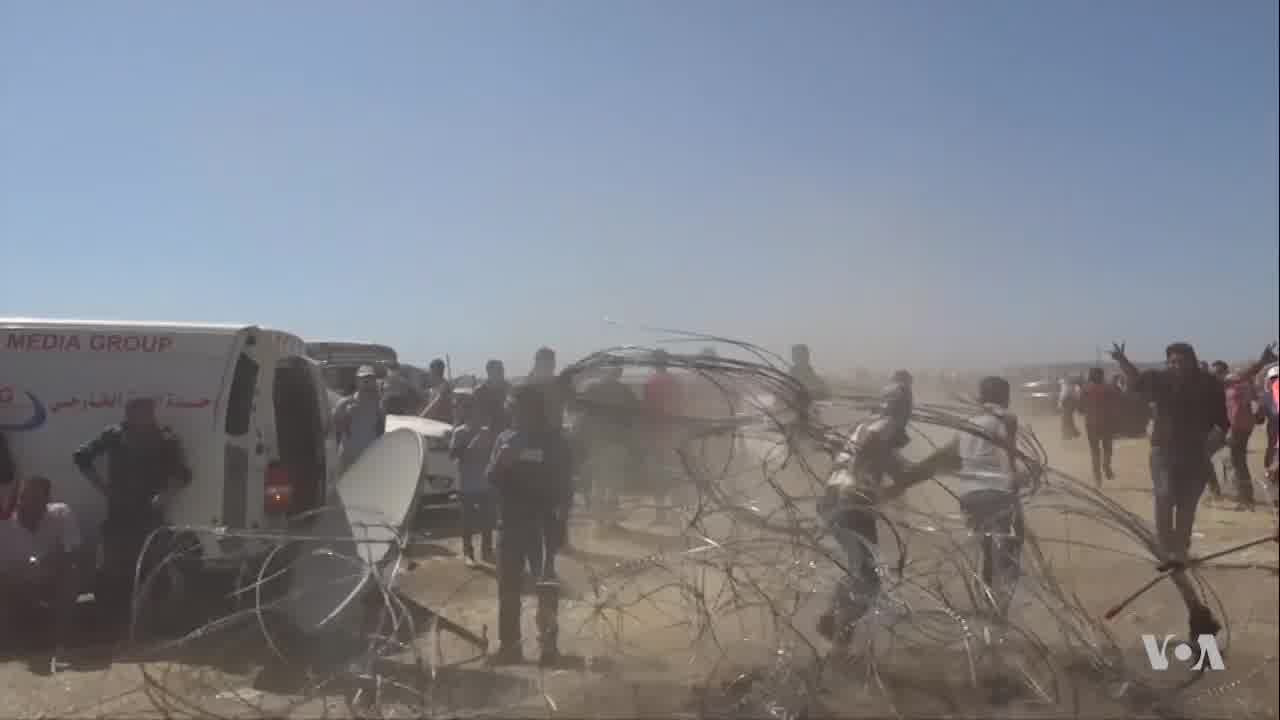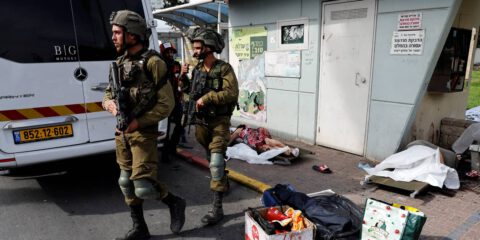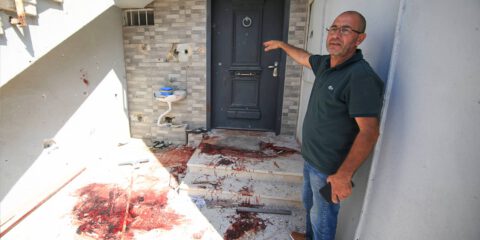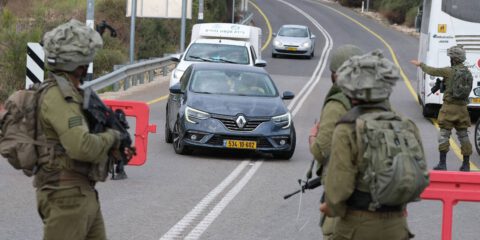Despite many Israelis’ growing frustration, there are good reasons why the IDF has yet to use all of its force to combat the growing terrorism from the Gaza Strip, including the fact the IDF is focused on the northern front where Israel faces its main enemy: Iran.
Why hasn’t the Israel Defense Forces used all of its force to combat the growing terrorism from the Gaza Strip? Not surprisingly, this is a question many Israelis are finding difficult to answer. For some, this frustration translates into blunt language directed at both the military and the political echelon. Yet even if Hamas foolishly drags Israel into a wide-scale conflict, the IDF has had three good reasons to adhere to its policy of containment and measured military responses.
The first consideration concerns Israel’s long-term interest in avoiding taking full and ongoing military control of Gaza, a possible outcome of an all-out military campaign; and the no less problematic possibility of a bloody draw, which could stem from a partial campaign. There can be no doubt the IDF is capable of subduing and controlling the escalation. The Hamas leadership is motivated by irrational urges, and so Israel prefers to try to manage its steps through the involvement of a third side – Egyptian intelligence, for example – who have a better chance of giving their interlocutors a clearer idea of the level of risk they are taking.
From this point, we can derive a second consideration: Israel has a role to play in the band of regional forces that raise the banner of stability and are partners in the fight against radical Islamism in all its forms, from Iran to the Islamic State. It is precisely because of this partnership that Israel must exhaust the potential for joint action with Egypt. Both countries view Hamas as an enemy, an enemy upon whom it would be best to deter than to engage in an all-out conflict, the outcome of which would be difficult to control.
A third consideration stems from the possible ramifications of embarking on a military campaign in the south at the height of what might quickly develop in a crisis in the north. Tensions between the United States and Iran, along with economic problems in Tehran, make it ever more likely that the Iranian regime will make some provocative moves. A watchful eye in the north demands that the IDF remain as available as possible to fortify deterrence against Israel’s chief enemy.
Published in Israel Hayom 10.08.2018
JISS Policy Papers are published through the generosity of the Greg Rosshandler Family.
photo: By Alt0160 (talk) – Original Video by Heather Murdock [Public domain], via Wikimedia Commons








 - בניית אתרים
- בניית אתרים